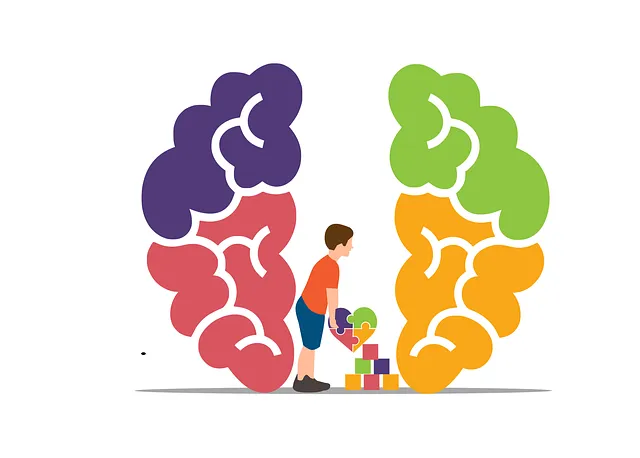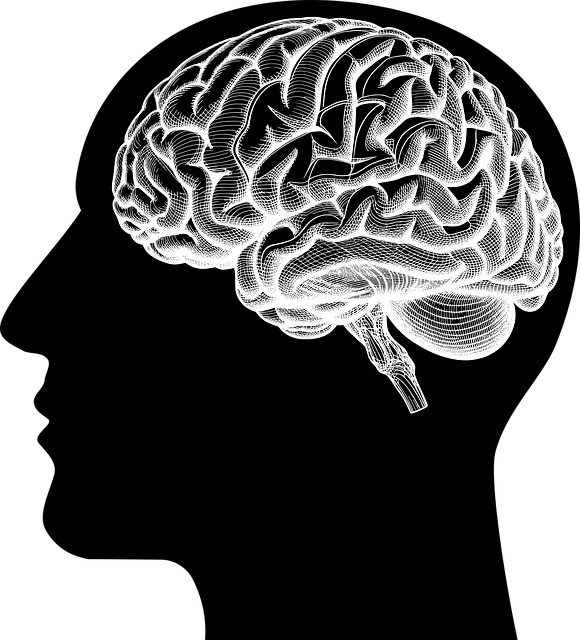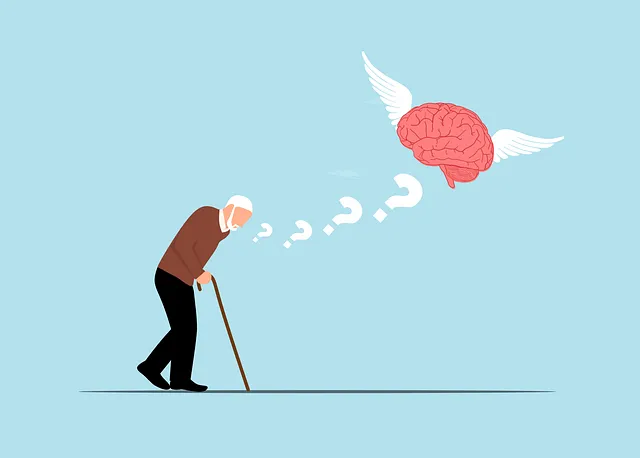The stigma surrounding mental illness hinders access to support and treatment, exacerbating conditions and reducing quality of life. In Lakewood, with varied healthcare access, the question "Does Kaiser in Lakewood have good therapists?" highlights this issue. Mental health professionals combat stigma through crisis intervention, self-care promotion, and education. School programs, community workshops led by Kaiser therapists, and balanced media representation dispel myths and reduce stigma. Supportive networks and accessible therapy services from providers like Kaiser normalize help-seeking behaviors. Improving access to quality care, including diverse therapies, is vital for empowering individuals and fostering inclusive communities that embrace mental wellness.
In a world where mental illness affects millions, stigma remains a significant barrier to recovery. This article explores comprehensive strategies to reduce the stigma surrounding mental health, focusing on education, media representation, support systems, and access to care. Understanding the profound impact of stigma on those seeking help is crucial, especially in communities like Lakewood. We examine if organizations like Kaiser can offer quality therapists to meet this challenge, emphasizing the need for ongoing efforts to destigmatize mental illness.
- Understanding Stigma: Its Impact on Mental Health Seekers
- The Role of Education in Reducing Stigma
- Media Representation and its Influence on Public Perception
- Empowering Support Systems: Family, Friends, and Communities
- Access to Quality Care: Are There Improvements Needed?
Understanding Stigma: Its Impact on Mental Health Seekers

Stigma surrounding mental illness can significantly impact individuals’ willingness to seek help. Often, those struggling with their mental health avoid reaching out due to the fear of judgment and discrimination. This internalized shame prevents people from accessing much-needed support and treatment, which is a critical aspect of maintaining and improving one’s well-being. The consequences are far-reaching; untreated or undiagnosed conditions can lead to worsened symptoms, reduced quality of life, and even fatal outcomes.
In places like Lakewood, where access to healthcare services varies, understanding stigma becomes even more crucial. For instance, some individuals might wonder, “Does Kaiser in Lakewood have good therapists?” Such queries reflect the importance of knowing where to turn for help while also highlighting the need for reduced stigma. Crisis intervention guidance and risk management planning by mental health professionals are essential tools to navigate these challenges. Moreover, fostering open conversations about mental health and encouraging self-care routine development can contribute to a more supportive environment, ensuring that those seeking aid receive it without the barriers imposed by societal stigma.
The Role of Education in Reducing Stigma
Education plays a pivotal role in reducing the stigma surrounding mental illness. By integrating mental health education into school curricula and community programs, we can foster understanding and empathy from an early age. Teaching students about various mental health conditions, their causes, symptoms, and available treatments empowers them to recognize signs in themselves or others and seek help without fear of judgment. This proactive approach not only helps in identifying issues early but also promotes resilience building and burnout prevention.
Moreover, educating the community at large, including employees in corporate settings, can significantly contribute to stigma reduction. Workshops focusing on coping skills development and mental wellness can dispel myths and showcase that seeking therapy is a sign of strength. Lakewood’s Kaiser therapists, renowned for their expertise, can play a crucial role in these initiatives by offering insights, leading discussions, and providing resources tailored to diverse populations. Embracing open conversations about mental health paves the way for a more supportive and inclusive society where individuals feel encouraged to prioritize their psychological well-being.
Media Representation and its Influence on Public Perception

The media plays a significant role in shaping public perceptions about mental illness, often influencing how individuals from communities like Lakewood view and understand these conditions. Positive media representation can help reduce stigma by humanizing those living with mental health issues, promoting empathy, and encouraging support. For instance, showcasing successful recovery stories or highlighting the importance of seeking therapy, as seen in some programs on Kaiser, can dispel myths and normalize conversations about mental wellness.
However, negative portrayals can exacerbate existing stigmas. Stereotyped characters with mental illnesses often feature in films and TV shows, perpetuating harmful misconceptions. Lakewood residents, therefore, need access to balanced media content that presents accurate, diverse narratives. This is where organizations like Kaiser can contribute by offering educational resources and promoting initiatives such as Social Skills Training or Community Outreach Program Implementation. By addressing these issues through various media channels, they can foster a more inclusive environment, encouraging open dialogues about emotional well-being promotion techniques.
Empowering Support Systems: Family, Friends, and Communities

In the fight against mental illness stigma, support systems play a pivotal role, with family, friends, and communities acting as crucial anchors for those grappling with their mental health. Empowering these networks is akin to strengthening the roots of a tree; it provides stability and nourishment during challenging times. When individuals feel supported, they can begin to cultivate inner strength, fostering resilience against stigma’s damaging effects.
Communities like Lakewood, for instance, can significantly contribute to mental illness stigma reduction efforts by promoting awareness and understanding through programs, workshops, or support groups. Encouraging open conversations about mental health, much like exploring topics on Mental Health Policy Analysis and Advocacy, can dispel myths and create an environment where seeking help is normalized. Even local healthcare providers, such as those at Kaiser, can play a part by offering accessible therapy services and promoting inclusive practices, thereby answering the query of whether Lakewood does Kaiser have good therapists for effective mental illness support.
Access to Quality Care: Are There Improvements Needed?

Access to quality care is a significant aspect of mental health support, and improvements are continually needed to ensure everyone has equal access to effective treatment. In areas like Lakewood, where resources vary, it’s essential to explore options such as Kaiser’s services to determine if their therapists meet the needs of the community. The quest for competent care extends beyond geographic boundaries; many individuals seek professionals who understand the nuances of mental illness and can provide tailored interventions.
Efforts to reduce stigma must include enhancing accessibility to these services, promoting understanding through education, and integrating various therapeutic approaches like Resilience Building, Mindfulness Meditation, and Empathy Building Strategies. By improving access, we not only empower individuals to take charge of their mental health but also foster a more inclusive society that embraces diversity in wellness practices.
Mental illness stigma reduction is a multifaceted effort that requires education, media representation, strong support systems, and accessible quality care. As we’ve explored, understanding the impact of stigma on mental health seekers is crucial. Educating communities about mental health can help dispel misconceptions and foster inclusivity. Media representations play a significant role in shaping public perception, so responsible and accurate portrayals are essential. Empowering support systems from family to communities create safe spaces for open dialogue and reduce feelings of isolation. When it comes to access to care, questions like “Does Lakewood have good therapists at Kaiser?” highlight the need for continued improvement in ensuring quality mental health services are available to all who need them. By addressing these aspects holistically, we can move towards a more accepting society where individuals feel comfortable seeking and receiving the support they deserve.






